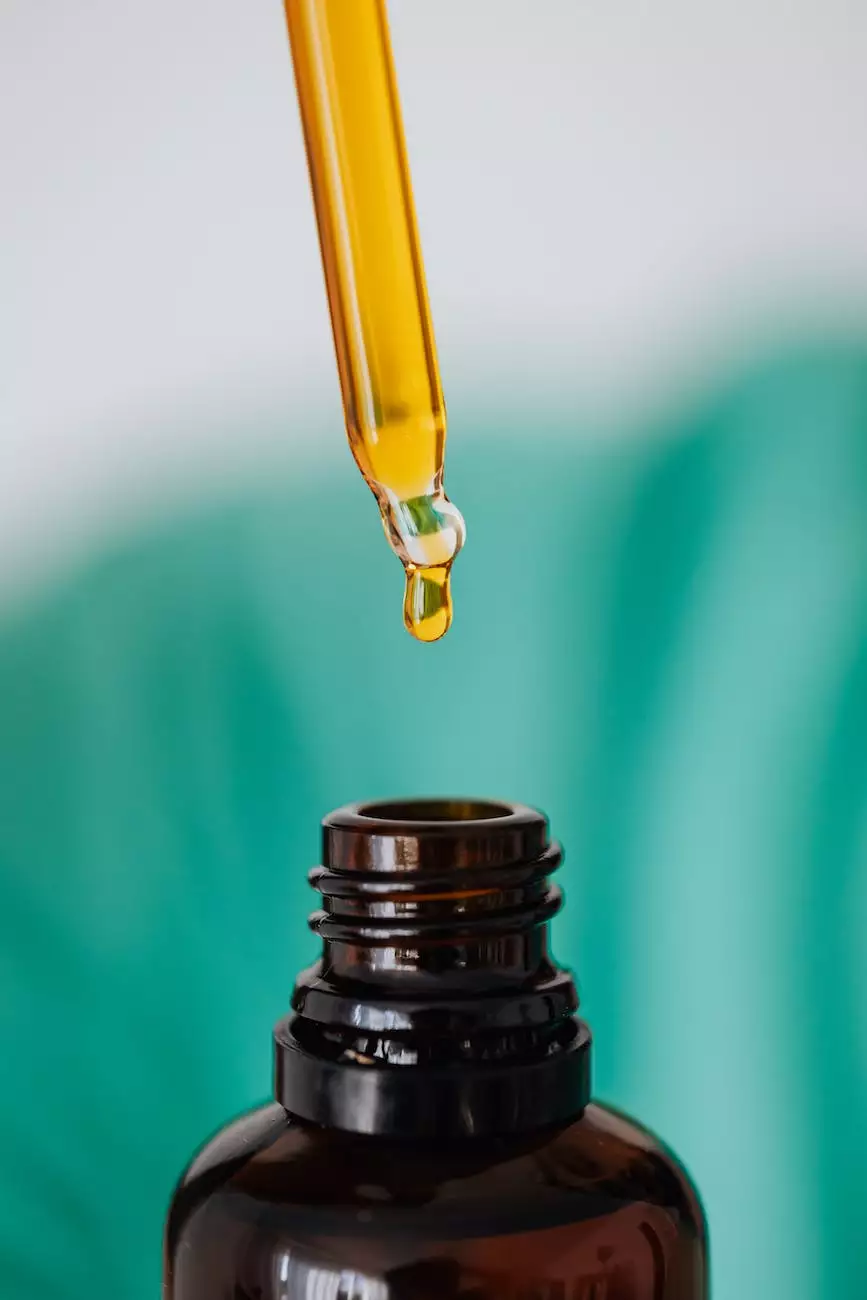How Probation Drug Testing Works in New Jersey
Probation Changes
Introduction
Welcome to The Skiendziul Law Firm's comprehensive guide on probation drug testing in New Jersey. If you or someone you know is on probation and has concerns about drug testing, you've come to the right place. In this article, we will delve into the procedures, regulations, and rights surrounding probation drug testing in New Jersey, providing you with the necessary information to navigate the process with confidence.
Understanding Probation Drug Testing
Probation drug testing is a crucial component of the probation system in New Jersey. Individuals on probation may be required to undergo urine, blood, or saliva testing to ensure compliance with the terms of their probation. The purpose of drug testing is to monitor whether the probationer is abstaining from illicit substances, thereby promoting public safety and reducing the risk of recidivism.
Procedures and Regulations
Probation drug testing in New Jersey is governed by specific procedures and regulations to ensure fairness and adherence to the law. The testing can be conducted randomly or scheduled at specific intervals, depending on the court's discretion. It is crucial for probationers to understand the process, as violating drug testing requirements can have severe consequences, including revocation of probation and potential incarceration.
Types of Drug Tests
The most common types of drug tests used during probation in New Jersey include urine, blood, and saliva tests. Urine tests are typically conducted on-site and can detect recent drug use, while blood and saliva tests may be sent to a laboratory for more accurate analysis.
Frequency of Drug Testing
The frequency of probation drug testing varies depending on the individual's probation conditions and the discretion of the court. Some probationers may be subject to regular randomized testing, while others may undergo scheduled testing at specific intervals. Understanding your testing requirements is essential to avoid any potential violations.
Testing Procedures
During a probation drug test, the probationer will be required to provide a sample, which may involve urinating in a cup or providing a blood or saliva sample. The collection process will be supervised to ensure the integrity of the sample. It is vital to comply with the testing procedures and cooperate with the testing facility or probation officer to avoid penalties.
Probationer's Rights
While drug testing is mandatory for probationers in New Jersey, it is essential to understand your rights throughout the process. The following rights apply to probationers undergoing drug testing:
Right to Notice
Probationers must receive proper notice of drug testing requirements. The notice should outline the frequency, type of test, and any additional instructions related to the testing process. Being aware of your testing obligations allows you to prepare and comply effectively.
Right to Confidentiality
The results of your drug tests should remain confidential and protected. Only authorized individuals, such as probation officers and relevant court personnel, should have access to your drug test results. It is crucial that your privacy rights are respected throughout the testing process.
Right to Challenge Results
If you believe there may be errors or inaccuracies in your drug test results, you have the right to challenge them. Consulting an experienced attorney can help you navigate the process of challenging the results and presenting any evidence that may support your case.
Consequences of Violating Drug Testing Requirements
Violating drug testing requirements during probation in New Jersey can have severe consequences. It is crucial to understand the potential repercussions to avoid any setbacks in your probationary period:
Probation Revocation
If you fail a drug test, tamper with the sample, or miss a scheduled test, the court may choose to revoke your probation. This can result in the imposition of more strict penalties, such as imprisonment or extended probation.
Additional Penalties
In addition to probation revocation, violating drug testing requirements may lead to additional penalties, including fines, community service, rehabilitation programs, or increased supervision. The severity of the penalties will depend on the circumstances and the court's discretion.
Subsequent Legal Consequences
Failure to comply with drug testing requirements can affect your legal standing and any pending charges. You may face additional criminal charges for probation violations, which can lead to a new round of legal proceedings and potentially more severe consequences.
Conclusion
Understanding how probation drug testing works in New Jersey is essential for individuals on probation. By familiarizing yourself with the procedures, regulations, and rights surrounding drug testing, you can ensure compliance and successfully navigate your probationary period. If you have any further questions or concerns regarding probation drug testing, we recommend consulting with The Skiendziul Law Firm's experienced legal professionals for personalized guidance and support.
Remember, complying with the requirements and rules of probation drug testing is crucial to maintain your probation status and work towards a brighter future. Stay informed and seek legal assistance when needed to protect your rights and achieve successful rehabilitation.



